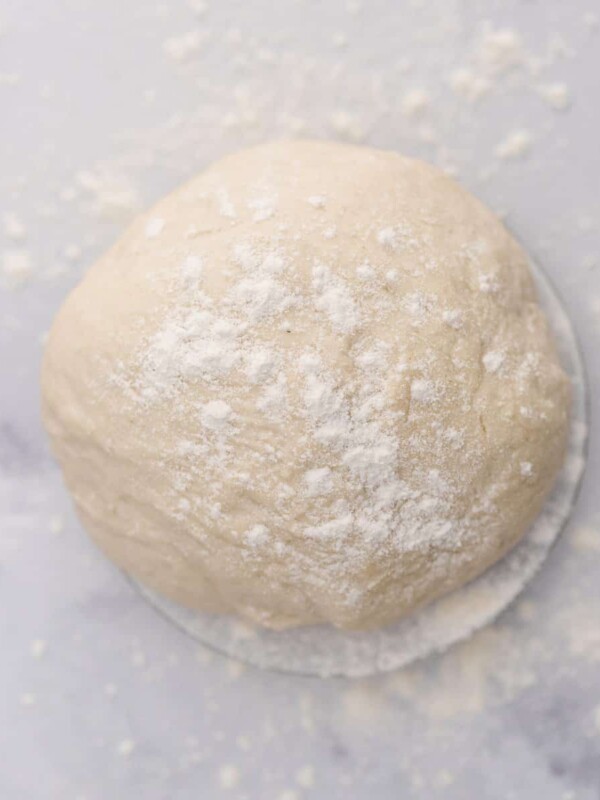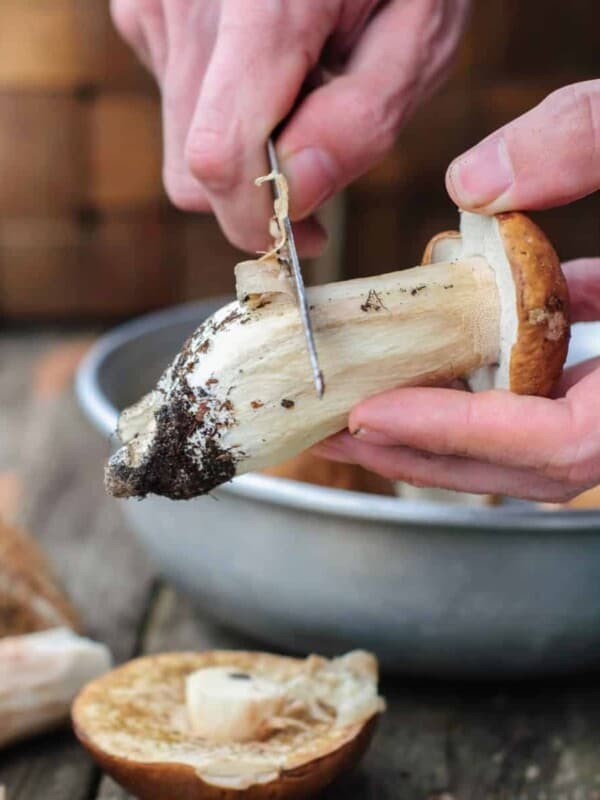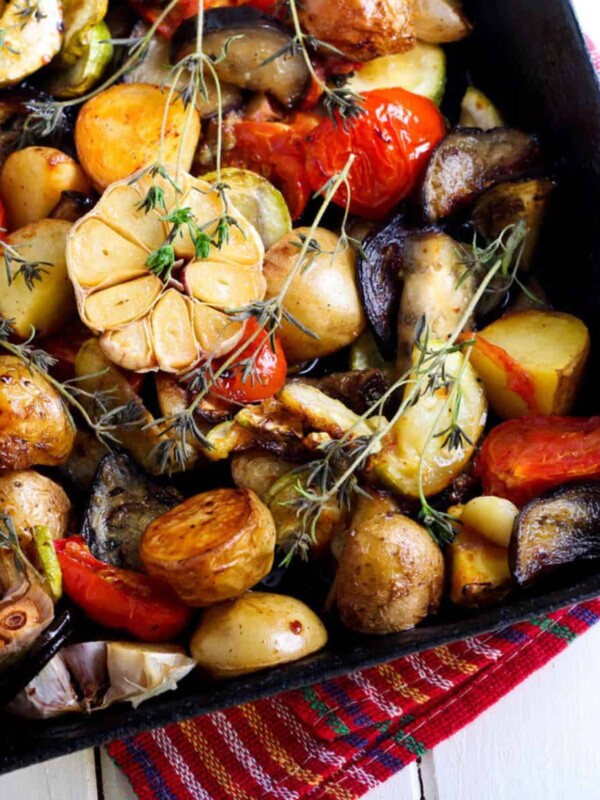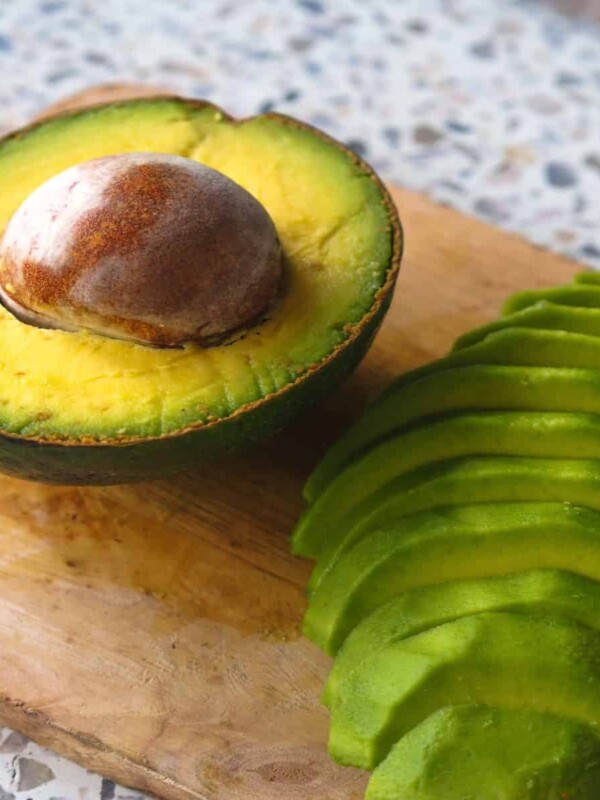This post may contain affiliate links. Please read our disclosure policy.
Cooking is like creating a piece of art. It’s a way to showcase your inner skills and impress your friends and family. But, like any other skill, cooking needs practice. Sometimes that practice can lead to some pretty major cooking mistakes. Take the first step and avoid these “Top 10 Mistakes Beginner Cooks Make“.
Whether you’re just learning how to cook or you’ve been doing it for years, it’s inevitable that you’ll make your fair share of mistakes in the kitchen. Yes, even professional cooks may make some mistakes. It happens, but don’t worry; I’ll show you the most important tips to start as a talented chef!
A Messy Kitchen Is A Recipe For Disaster!
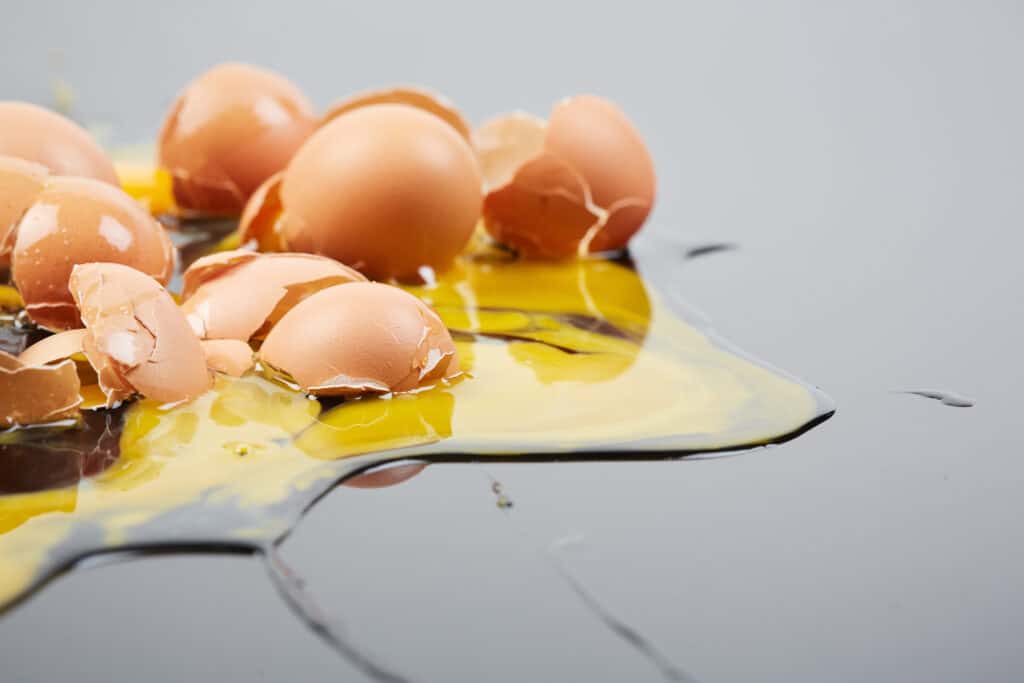
The Top 10 Mistakes Beginner Cooks Make
Too many of us try to start with elaborate dishes before we even learn the basics. That is a sure recipe for disaster. Here are the top 10 main mistakes beginner cooks make while they start the first step toward their journey of cooking:
1. Not reading the complete recipe before beginning to cook:
You are excited to start, so you dive right in, reading and following the directions as you go. Some recipes aren’t written in the correct order, and there’s nothing worse than getting halfway through a meal and realizing you’re missing a few ingredients.
2. Using the wrong size cutting board.
Sure, those small cutting boards are adorable, but they’re only helpful for slicing a few berries or preparing a garnish for a drink. While an entire roast chicken would fit on there, it’s way too little to operate cleanly, effectively, and securely
3. Using the wrong knife.
Consider what you’ll be doing with your knife before pulling it out. If you start with outdated, low quality, or flat out wrong tools, you’ll either end up with poor results or you won’t be able to perform optimally. Types of Kitchen Knives
4. Working in a messy workspace.
In addition to making you less productive and organized, a messy workspace makes it more likely that your food may become contaminated.
5. Multitasking and Poor Preparation.
Answering phone calls and watching TV while cooking is not a good idea; instead, chop all of the vegetables required for the dish and place them in separate bowls or next to each other on your cutting board. Your meats should be prepped and pared before cooking.
6. Cooking meat straight from the refrigerator.
Whether you’re preparing beef, chicken, or fish, it should never go from the fridge to a hot oven or grill. As a result, the meat is overdone on the exterior and under cooked, or even raw, in the center.
7. Not seasoning food as you cook.
You’ll get a dull, unbalanced dish if you don’t season your food while it’s cooking. It severely discredits what could have been a delicious supper.Homemade Fajita Seasoning Mix
8. Overcrowding the pan.
When you put too much in the pan, not only does the temperature drop, but there is also too much moisture, which causes the food to steam instead of being seared.
9. Not tasting food as it’s cooking.
The equivalent of writing a novel without editing is cooking without tasting as you go. Every step of the cooking process should be tasted. This is crucial for sauces in particular. Waiting until dinner is over to taste it puts you at risk for unbalanced flavors and a lack of spice.
10. Not resting meat after it’s cooked.
Despite your excitement and hunger, it’s not a good idea to get right into that steak as soon as it’s taken out of the oven. When you cut into them, the liquids will flow over onto the cutting surface or your plate.
Our Health is Our Priority, Avoid Beginner Cooks’ Mistakes!
We all want our families to be safe and healthy. However, occasionally, a small error in how we handle and prepare food might result in a significant illness. With certain organisms, such as Salmonella, a little quantity of raw food is enough to induce food poisoning. A small amount of botulinum toxin in food can induce paralysis and even death.
Being a great cook does not happen quickly, but with the right information and a lot of practice, you will gradually but steadily improve your talents. If you want to achieve the best outcomes and maintain adequate food safety, avoid making any of these mistakes.
A lack of understanding of basic cooking rules could lead to severe injuries or food intoxication. So, knowing what to do and what not to do in the kitchen is very important.
A Cluttered Kitchen Is A Recipe For Frustration!

Tips and Tricks to Avoid Cooking Mistakes
Could you be making cooking mistakes? Become a better cook by knowing how to avoid some of the most common errors and learning what you should be doing in the kitchen to avoid the Top 10 Mistakes Beginner Cooks Make :
- Read well the recipe and make sure you have all the ingredients and equipment you need.Top Tips to Improve Your Cooking Experience
- Make sure your cutting board is big enough for the job at hand for safer comfortable slicing and chopping.
- Always use the right knife for the job, such as a chef’s knife for cutting meat, a serrated bread knife for bread, and a paring knife for small pieces.
- In the long term, a more organized and tidy workplace will save time. Keeping a garbage can near your cutting board and cleaning as you go are also big helpers.
- Before adding any ingredients to the pan, make sure the pan and oil are both hot. A hot pan is essential for producing a good sear and avoiding your food from sticking.
- A more organized and tidy place will save time in the long run. Keeping a waste can nearby and cleaning as you go are also significant aids.
- Before adding any ingredients to the pan, make sure the pan and oil are both hot. A hot pan is essential for producing a good sear and avoiding your food from sticking.
- Use the appropriate pan size for the amount of food you’re cooking. When cooking meat, be sure that no parts contact; there should be room between the pieces. Consider using a bigger pan, two small pans, or working in batches if required.
- In the long term, a more organized and tidy office will save time. Keeping a trash can close and cleaning as you go are also helpful.
- Use the right size pan for the amount of food you’re cooking.
- Cook, tasting as you go, and adding additional seasoning and spices as needed. Don’t be scared to repeat the tasting process.
- Allow meat to rest at room temperature for at least five minutes (approximately 20 minutes for a full chicken) to redistribute fluids and create a juicier cut of meat. If necessary, tent the meat with foil.
Frequently Asked Questions (FAQs)
Definitely learn the art of boiling, how to cut onions in the right way, and how to salt your cooking as you go, in addition to how to make a basic vinaigrette. Harness the power of roasting for more flavorful vegetables.
Check out the recipe. Of all the critical culinary tips available, this has to be the most crucial: read your recipe well before beginning; you’ll be glad you did!
Doing things correctly will make cooking easier for you, and starting with the appropriate methods will allow you to build on strong foundations. The idea is to just accept that awful things may happen to skilled cooks. Unfortunately, most baking errors occur.
Top Tip Recipes
- How to Perfectly Cook Stovetop Chicken
- Instant Pot vs Slow Cooker: Which One Is Better?
- Cooked and Seasoned Boiled Asparagus
- Essential Cooking Tools for Beginners
- Top Tips to Improve Your Cooking Experience
- 10 Minute Air Fried Viral Breakfast Cookie
- Best Ways to Serve Shish Tawook – Lebanese Grilled Chicken
- 9 Essential Types of Cheese
- How to Store Dry Herbs Properly
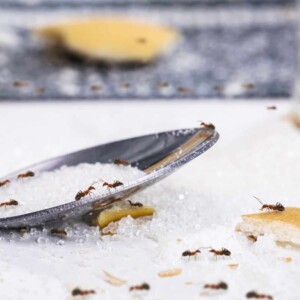
Top 10 Mistakes Beginner Cooks Make
Instructions
Here are the top 10 main mistakes beginner cooks make while they start the first step toward their journey of cooking:
- Not reading the complete recipe before beginning to cook
- Using the wrong size cutting board.
- Using the wrong knife.
- Working in a messy workspace
- Multitasking and Poor Preparation.
- Cooking meat straight from the refrigerator.
- Not seasoning food as you cook.
- Overcrowding the pan.
- Not tasting food as it's cooking.
- Not resting meat after it's cooked.
Notes
- Read well the recipe and make sure you have all the ingredients and equipment you need.
- Always use the right knife for the job, such as a chef’s knife for cutting meat, a serrated bread knife for bread, and a paring knife for small pieces.
- In the long term, a more organized and tidy workplace will save time. Keeping a garbage can near your cutting board and cleaning as you go are also big helpers.
- Before adding any ingredients to the pan, make sure the pan and oil are both hot. A hot pan is essential for producing a good sear and avoiding your food from sticking.
- A more organized and tidy place will save time in the long run. Keeping a waste can nearby and cleaning as you go are also significant aids.
- Before adding any ingredients to the pan, make sure the pan and oil are both hot. A hot pan is essential for producing a good sear and avoiding your food from sticking.
- Use the appropriate pan size for the amount of food you’re cooking. When cooking meat, be sure that no parts contact; there should be room between the pieces. Consider using a bigger pan, two small pans, or working in batches if required.
- In the long term, a more organized and tidy office will save time. Keeping a trash can close and cleaning as you go are also helpful.
- Use the right size pan for the amount of food you’re cooking.
- Cook, tasting as you go, and adding additional seasoning and spices as needed. Don’t be scared to repeat the tasting process.
- Allow meat to rest at room temperature for at least five minutes (approximately 20 minutes for a full chicken) to redistribute fluids and create a juicier cut of meat. If necessary, tent the meat with foil
- Make sure your cutting board is big enough for the job at hand for safer comfortable slicing and chopping.

